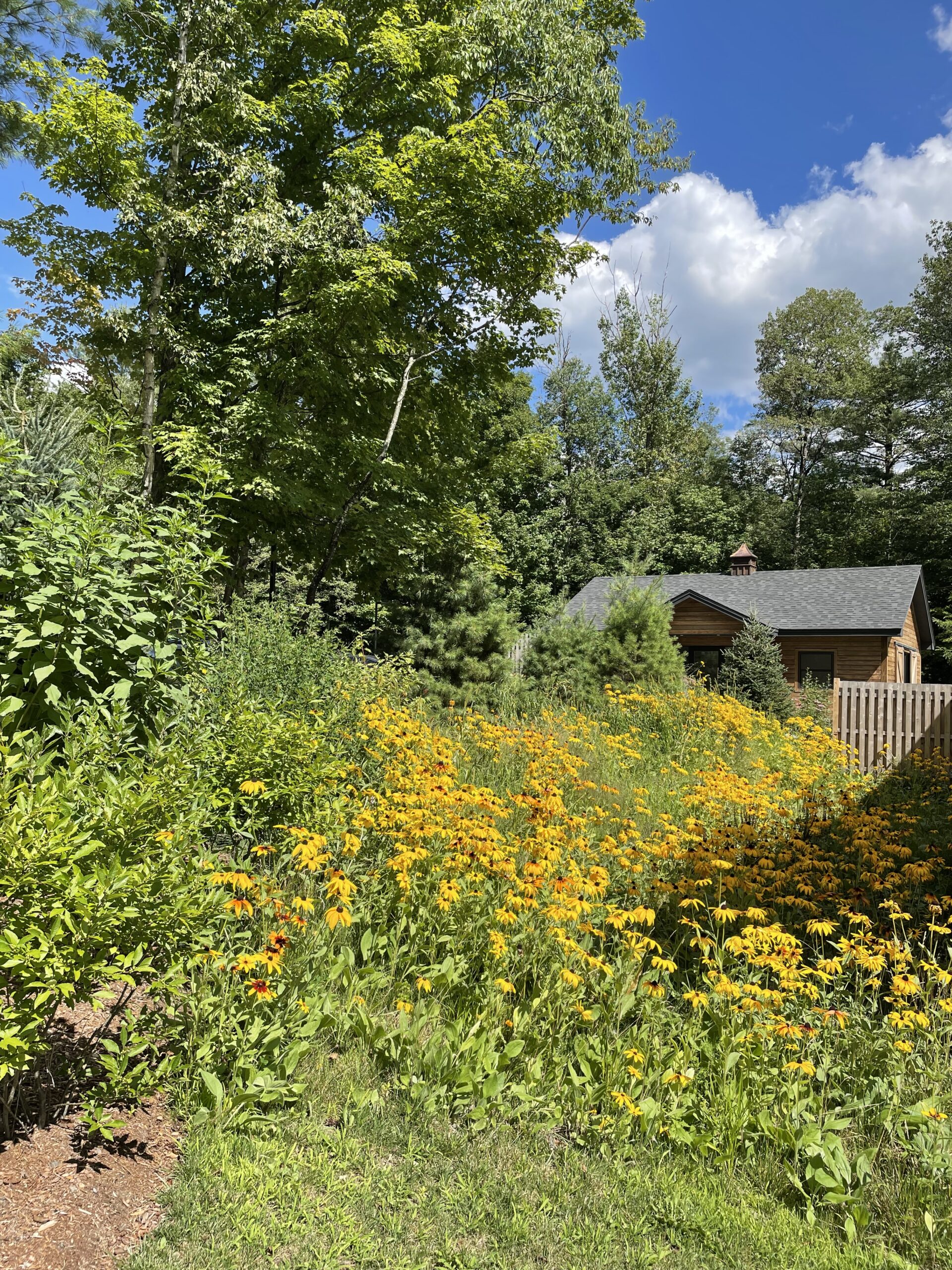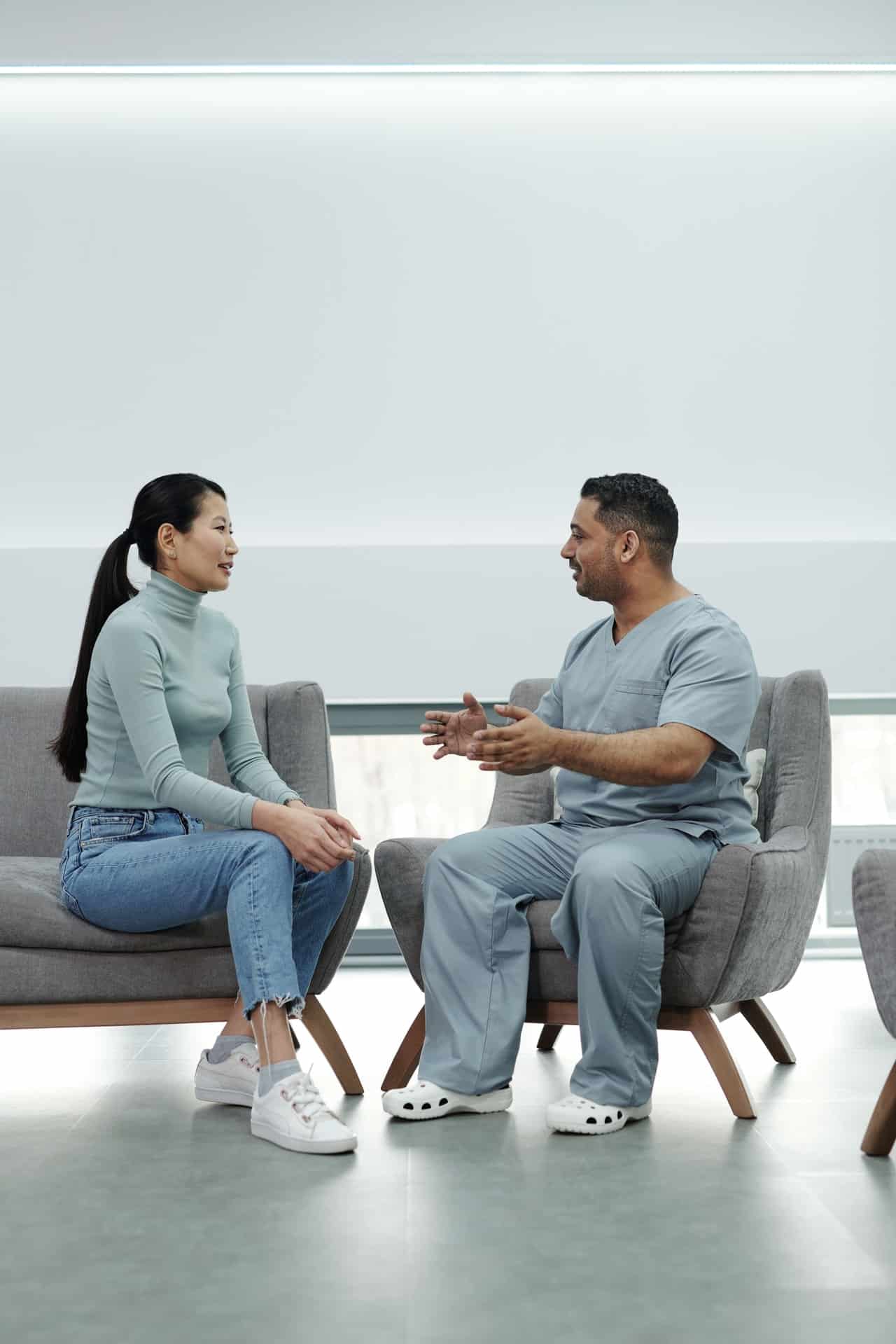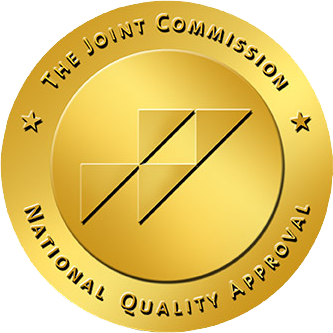What Is Expressive Therapy?
If you’re having trouble understanding or describing how you’re feeling, expressive therapy may be a great option. This form of treatment uses art, dance, and music to assist people in learning more about themselves and sharing their feelings.
At Sana at Stowe, we use expressive therapy as part of our addiction recovery services to help our patients better understand their emotions and communicate their needs with our team. If you want to learn more about our addiction recovery services, we invite you to contact our team today.
How Does Expressive Therapy Work?
Expressive therapy encourages people to use their creativity to process emotions and memories that may be difficult to communicate directly. Expressive art theory began in the 1940s when psychologists started taking note of their patients’ drawings. They realized that the sketches often told them more about what their patients were thinking, and they could use them to explore deeper feelings.
During a session of expressive therapy, your therapist will guide you through one or two creative activities. For example, your therapist may have you draw a picture to represent your feelings or write a song. You do not have to be “good” at art to receive the full benefits of expressive therapy, as the focus is on the process, not the results. Most therapists offer expressive therapy activities in combination with treatment options like talk and cognitive behavioral therapy.

What Are Expressive Arts, and How Are They Used in Expressive Art Therapy?
Expressive arts therapy combines different expressive arts like movement, writing, and music for greater personal growth and community development. There are four main types:

- Art therapy: Art therapy involves using visual arts like drawing or painting to work through emotions.
- Dance therapy: Dance therapy uses physical movement and dance to treat symptoms such as stress and anxiety.
- Music therapy: Music therapy involves using or making music to improve mood and reduce feelings of anxiety.
- Writing therapy: Writing therapy involves exploring thoughts and emotions through journaling, writing poems, or crafting fictional stories.
Benefits of Expressive Arts Therapy
Expressive arts therapy offers many benefits, from helping people improve their creativity to achieving deep healing. Many forms of art are easily accessible as well, which means therapists can use expressive arts therapy in any setting with minimal supplies. Some other benefits of expressive arts therapy include:
Lowering Stress Levels
Stress is often at the root of many common disorders and can cause emotional strain that may make it hard to distinguish other issues occurring simultaneously. As you enter recovery, it’s vital to treat the root cause of the problem to prevent a relapse after leaving treatment. Expressive arts are a great way to assist individuals in managing and understanding their stress. These activities are often relaxing and permit patients to experience an emotional release.
Improving Focus
When dealing with complex emotions, it’s easy to become trapped in our own heads. These feelings can quickly lead to anxiety and make it challenging to be present. Expressive arts can draw attention away from disorganized and cluttered thoughts by allowing patients to redirect their focus to the present moment.
Creating a Sense of Happiness
Creating something new can lead to feelings of satisfaction, whether or not you intend to share the creation. Even art made solely for recovery can lead to feelings of pride. Since expressive arts are cathartic, they can positively impact patient happiness and improve their overall recovery.
Reconnect With Yourself With Expressive Therapy at Sana at Stowe
Whether you’re having trouble expressing your feelings or need a healthy, creative outlet to help with your recovery, the Sana team is here to help. We offer a range of treatment options, including expressive therapy, so you can experience comprehensive addiction treatment.
Our location in the beautiful state of Vermont allows our patients to reconnect with their natural surroundings as they work with expert therapy providers and interventionists. Call our team at 802-532-5277 to learn more about our services and how they can help you in your healing journey.

Sana at Stowe has achieved accreditation and received
a Gold Seal of Approval® from The Joint Commission®.
This accreditation award verifies that Sana meets the most rigorous quality and patient safety standards of care, and shows a dedication to excellence across the full continuum of care. Learn more.

In-network with many insurance companies!
Sana at Stowe is in-network with BlueCross BlueShield, United Healthcare, UBH, UMR, MVP, First Health, Tufts Health Plan, Harvard Pilgrim Health Care, and Tricare and also accepts most out-of-network insurances, and accepts all private insurance. We also provide access to financial assistance to help with the cost of treatment.


